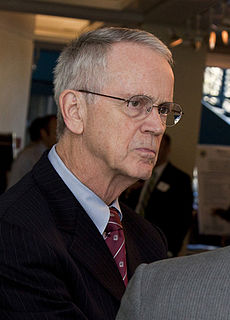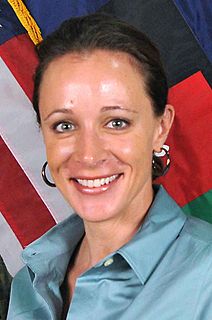A Quote by Lisa Su
Make sure there are lots of Harvard M.B.A.s working for MIT Ph.D.s in the future.
Related Quotes
I went to school at MIT with a whole bunch of engineers. And then I started work one day and asked myself, 'Why do all of these MIT Ph.D.s work for Harvard M.B.A.s?' Why should it be like that? I was one of those engineers who thought, 'Why are these people making those dumb decisions?' So it's fun to be the person making them.
If you take a look at places like Harvard, it's striking. In the early ,50s, I think there were a handful of Jewish professors, three or four. But by the 1960s, there were Jewish deans and administrators. In fact, one of the reasons why MIT became a great university was because they admitted Jews whereas Harvard did not.
Lots of companies don’t succeed over time. What do they fundamentally do wrong? They usually miss the future. I try to focus on that: What is the future really going to be? And how do we create it? And how do we power our organization to really focus on that and really drive it at a high rate? When I was working on Android, I felt guilty. It wasn’t what we were working on, it was a start-up, and I felt guilty. That was stupid! It was the future.


































